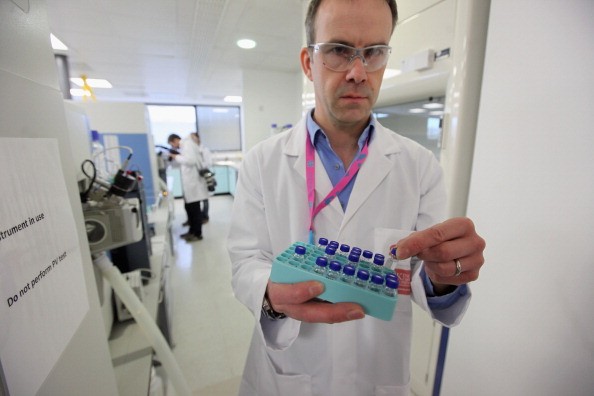Sports officials have retested urine samples from the 2008 and 2012 Olympic Games and found more than 75 athletes to be positive of doping, with at least 40 to have won medals.
The International Olympic Committee has announced 28 athletes to be guilty and re-awarded their medals. The number is expected to go up as disciplinary proceedings continue, according to a report from Chinese news portal CRI.com.
Most of the accused came from Russia and Eastern European countries, the report said.
Chaunte Lowe, an American high jumper who failed to win medals in four Summer Games but will now receive a bronze medal for the 2008 Olympics, said the ruling brings joy for her belated recognition and awareness for the losses she suffered.
"This completely rewrote my Olympics story," said Lowe, adding that her husband would not have lost his job and their house foreclosed in 2008 if she had won the award in Beijing.
"The numbers are just impossible, incredible," said Gian-Franco Kasper, an executive board member of the IOC. "We lose credibility."
It is standard practice for Olympic officials to store urine samples for up to 10 years in order to conduct additional tests should new information come to light.
The IOC earlier stripped 10 athletes of medals from the 2008 Olympics earlier in November after testing positive for various steroids during retests of samples taken during the games.
The committee said 9 of the athletes who tested positive come from former Soviet nations, including Russian high jumper Elena Slesarenko, Kazakh weightlifter Irina Nekrasova, and Ukrainian pole vaulter Denys Yurchenko.
Last year, the long-time director of Russia's anti-doping laboratory exposed an elaborate doping program in the country, leading to nearly a third of Russia's Olympic team being barred from the 2015 Olympic Summer Games in Rio de Janeiro.



























